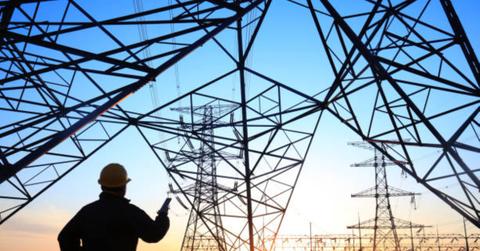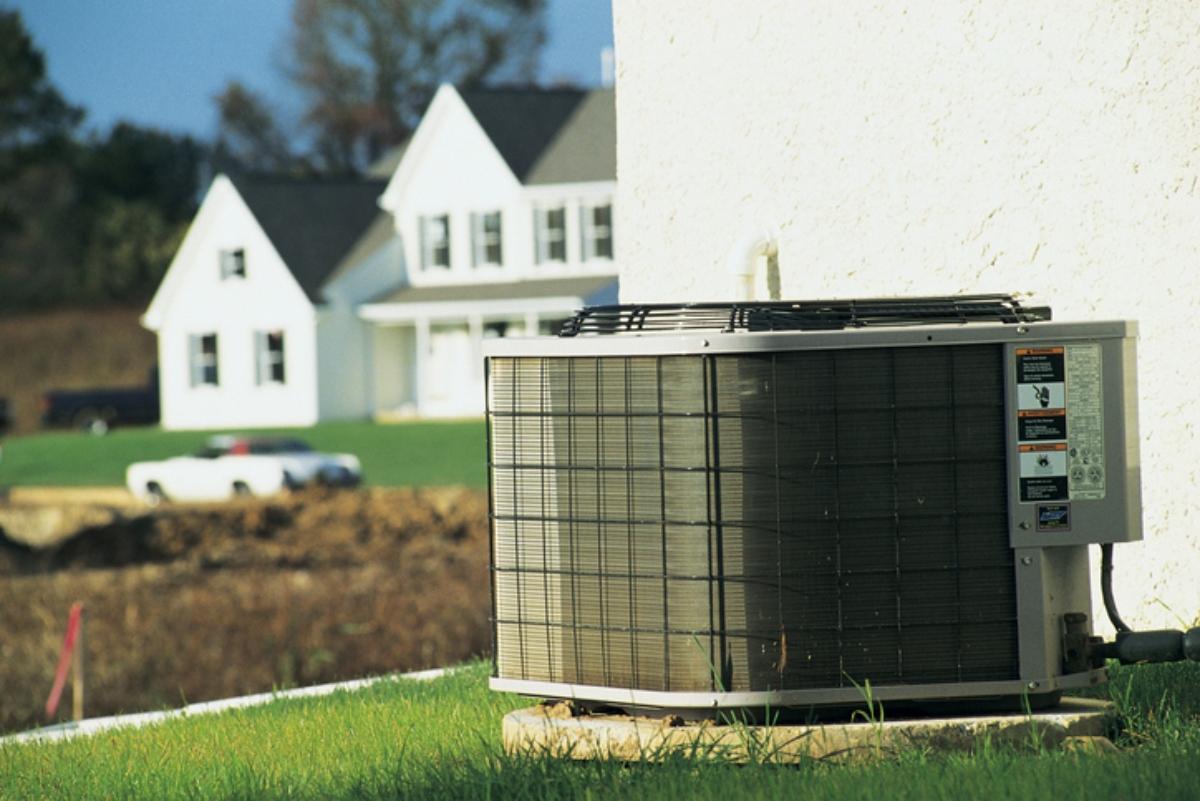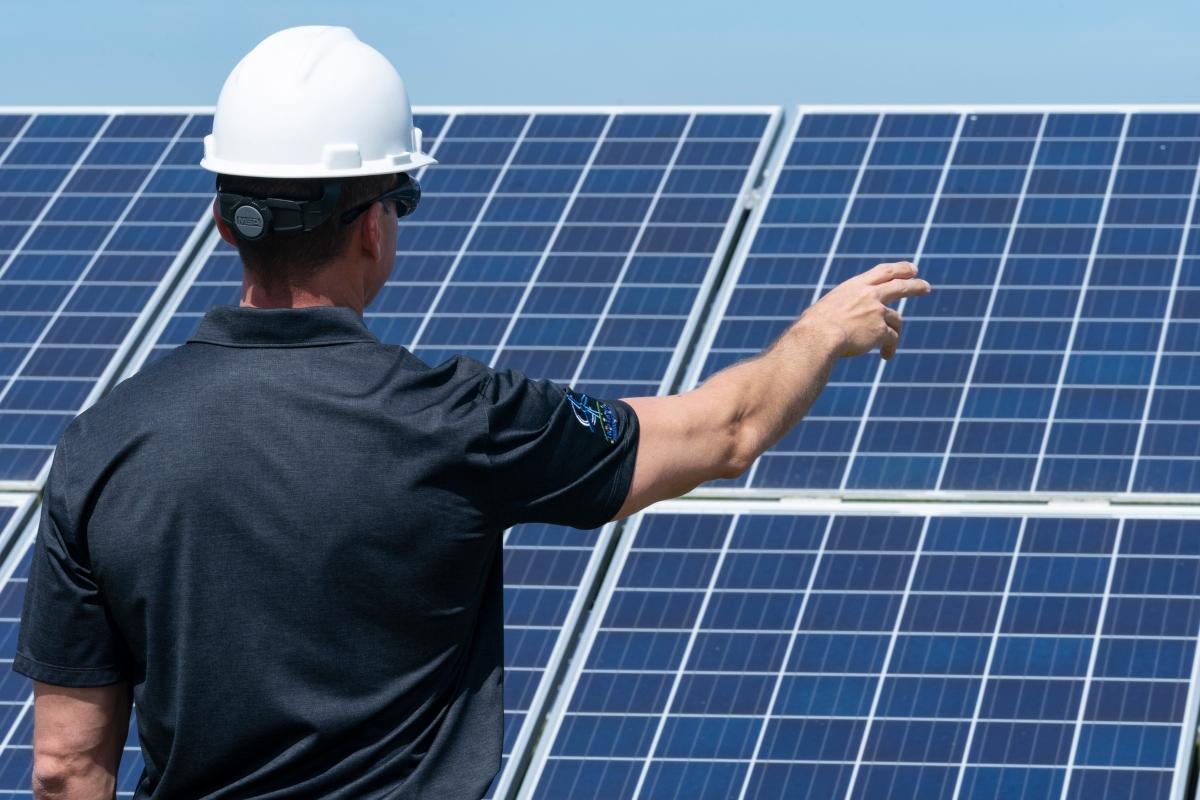Why Is My Electric Bill So High? Price Hike, Explained
Electricity costs have risen over the past year or so and may continue for some time. What are some reasons for the increase in electric bills?
July 18 2022, Published 2:29 p.m. ET

Electric bills have risen in much of the country, due to a number of factors.
As Americans grapple with the heat of the summer months, the cost of electricity has risen. It’s no surprise that electric bills are elevated during the hottest parts of the year, and that cyclical increase in electricity usage is combined with inflation and other issues. The war in Ukraine hasn’t helped matters either. So, what’s the true cause of high electricity costs?
The New York Times reported in May 2022 on a variety of causes for the spike in electricity bills around the country. A range of reasons from climate change to the war in Ukraine to inflation across the board have been cited as part of Americans’ higher electric costs.
Electric bills usually climb in the hotter months.
First, if your electric bill has been higher recently, it’s likely due to increased usage. Most of the U.S. experiences warmer temperatures throughout the summer, and with that comes more pressure on your air conditioner. That’s why some increase in electric costs is normal this time of year.

Greater usage of A/C impacts electric bills, although it's not the only cause of higher costs.
The war in Ukraine caused a spike in natural gas prices.
A key factor causing the higher prices is the increased price of natural gas. As the NYT explained, the U.S. uses natural gas to provide about 40 percent of its overall electricity. Natural gas is one of several commodities whose pricing and availability are impacted by the conflict in Ukraine.
Supply chain issues have played a role in higher electric costs.
As is true across many industries, the electric industry included, the problems with global supply chains are impacting electric bills. Any disruptions or closures along the supply chain can cause delays in delivery of products necessary for electric grid maintenance.
Upgrades to ward off climate change may be a reason for the higher costs.
Utility companies and regulators are beginning to make costly upgrades to help protect electric grids from natural disasters. Companies may be spending more on measures to help reduce their greenhouse gas emissions, such as wind turbines, solar farms, and new transmission lines. Repairs and upgrades to existing grids may result in added costs being passed on to consumers.
People are also paying more because of the extreme weather conditions, with higher-than-normal temperatures throughout much of the summer. Air conditioning becomes a necessity, not a luxury, and it’s hard for families to pay higher bills to keep their homes cool.

Renewable energy sources like solar panels may play a role in helping to eventually reduce energy costs for consumers.
Can renewable energy help lower costs?
According to the Energy Information Administration, average electricity rates may drop to 10.5 cents per kilowatt hour by 2030. However, the EIA also forecast that by May 2023, the average would be 15 cents per kilowatt hour, the NYT reported.
In April 2022, the national average was 14.7 cents per kilowatt hour for residential use, compared to 13.76 cents per kilowatt hour in April 2021.
Mark Cooper, a senior fellow for economic analysis at the Institute for Energy and the Environment at Vermont Law School, calls on alternatives like “wind, solar, and hydro” to help reduce the impact of electricity costs on households. However, he noted, “We should have been much further along in the transition, which we haven’t been,” according to the NYT.
